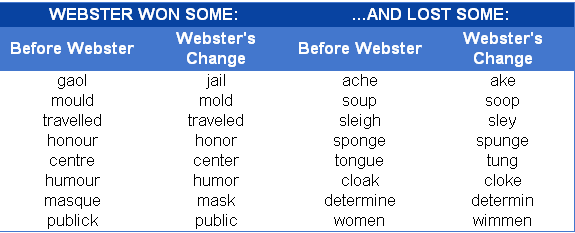What’s The Point Of Silent Letters?
Table of Contents
Source: Flickr/Craig Sunter
Why do we have silent letters? Is there a better alternative? Take “colour” and “color”; why has the “u” been dropped in one word and not the other?
Why have a letter when you do not pronounce it in the word? Many languages have silent letters—and though it may be surprising to hear, a world without silent letters would probably be a lot more confusing than a world with them.
Languages like to mingle with one another. The Spanish for psychology is psicologÍa and in both English and Spanish, the “p” is ignored when said out loud. This is due to the word’s Greek origins—several words in the English language that begin with silent letters are Greek in origin.
In the word for the flying prehistoric reptile, the Pterodactyl (or pterodáctilo, in Spanish), the “p” is silent, which helps to maintain connections between languages.
However, the Spanish also accept the spelling of sicologÍa. PsicologÍa first entered the Spanish dictionary in 1852, whereas sicologÍa was first included in the 1956 publication. Even with the addition of this new spelling for the same meaning, the original word (and its spelling) shows no sign of fading into obscurity.
Do you already know how to say “PsicologÍa,” or is this word new to you? Try out our Spanish Level Test to see how much Spanish you do know and where to go next.
Perhaps what has helped the psicología survive is the possible confusion its new rival brings: SicologÍa might not have a silent letter at the start of it but without the “p” it can be confused with the study of figs rather than the study of the mind. Etymology comes into play; the combination of “sico” which is similar to the Greek “sŷkon” meaning “fig”, and “logia” derived from the Greek “logos” meaning “the study of” makes sicologÍa possible to mistake for the study of figs.
Regional Differences
When discussing the reasons behind silent letters, the fact that people in different regions pronounce the same words differently cannot be ignored. If each region had its own way of spelling, getting rid of and adding letters that the people in the region saw fit, communication between regions would obviously suffer.
Likewise, if the British were to suddenly and successfully get rid of and add letters based on a desire to have spellings more closely match the spoken word, this would make English undoubtedly harder to read by people from other English-speaking countries.
Why do the British, Australians and Canadians still then use colour, catalogue, and centre when their United States counterparts shed the silent letters in these words long ago?
Webster’s Dictionary
Part one of Webster’s Grammatical Institute of the English Language, a spelling book, was printed in 1783 and aimed to replace British spellings that its American author, Noah Webster, deemed imperfect.  More spelling books followed, including An American Dictionary of the English Language. Some of his spellings stuck in the US, and others proved less successful. For example, humour became humor, but tongue was never replaced by tung. Look at the above table to see some of Webster’s hits and misses.
More spelling books followed, including An American Dictionary of the English Language. Some of his spellings stuck in the US, and others proved less successful. For example, humour became humor, but tongue was never replaced by tung. Look at the above table to see some of Webster’s hits and misses.
Of course, languages evolve. Two spellings for the same word can co-exist—but will one eventually win out? The evolution of language is hardly the responsibility of a single person, but rather whole generations of people—as much as Noah Webster might have attempted to dictate American spellings, not every spelling of his proved popular.
Even if silent letters are removed from a language, without widespread adoption, attempts to administer change to a language will prove futile.



